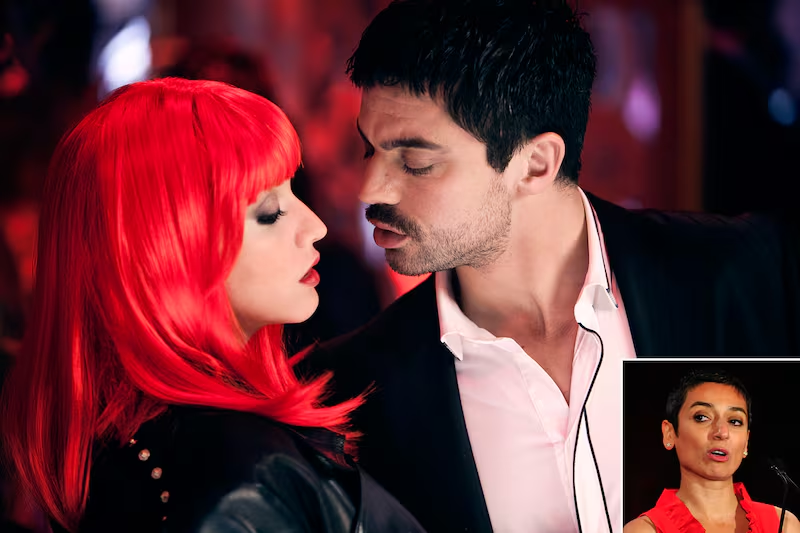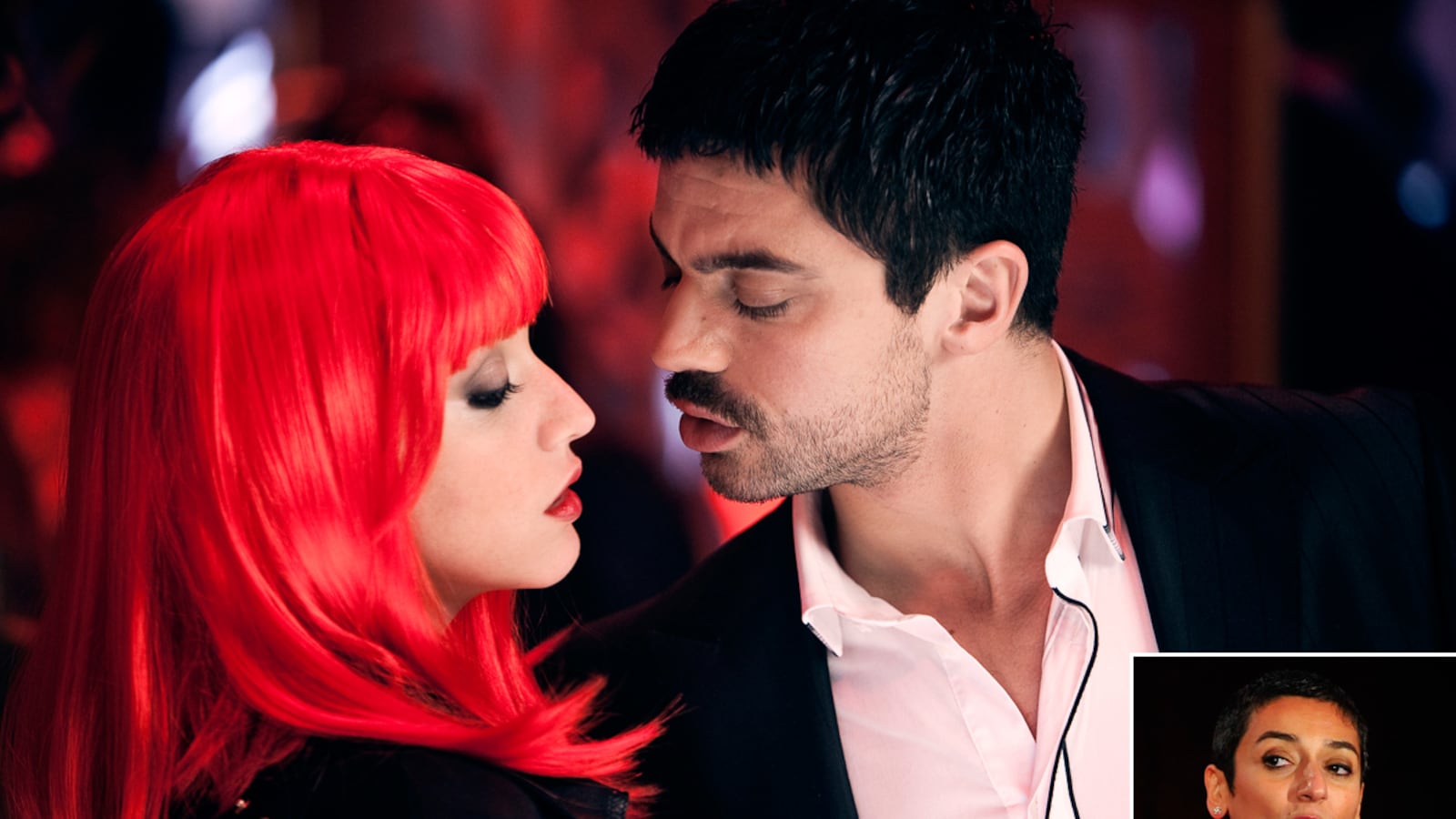I recognized Uday, Saddam Hussein's eldest son, the minute the movie started—his look, his hair, the way he sat. I recognized the car he was in and the car that accompanied him for protection. I rode in similar cars on the many highways built in Saddam's time across the deserts of Iraq, except that the desert, unlike the one in The Devil’s Double, is more a yellow sand rather than the red sand on the screen. But that’s a minor detail for those who know Iraq, Saddam Hussein, his surroundings, his family, and the cruelties—in particular of Uday—that The Devil's Double is about.
The movie brought back memories that I thought were gone. It’s been 21 years since I left Iraq, where I was the daughter of Saddam’s personal pilot and among the "friends of the president," as my family was often referred to. Though the movie may have exaggerated some details, it conveyed the horror that many faced from Uday and his boundary-less lust for women. He tortured his objects of desire through kidnapping, drugging, raping, mutilating, torturing, and killing. Stories of Uday's rape of a married woman on her wedding day, a high-school student, and a woman on a dinner date with her husband were not uncommon at all.
I personally remember the days in which Uday would come to my university, and we would hide in the crowded women's bathrooms, where all the women tried to escape his hungry eyes. But it was a known fact that no one could escape Uday's lust, and in a society that values virginity and women's sexual purity, to risk any sexual encounter meant the destruction of all possibilities of stability, marriage, and definitely a woman's public reputation.
Written from the perspective of the man who was chosen to be Uday's doppelgänger, The Devil’s Double is filled with stories that have captured Iraqis’ fear. Some details are misrepresented and inaccurate, though. For example, Uday's attempted assassination is depicted as being out in the open, in a fairly poor neighborhood, when in fact it took place in an upscale neighborhood. Another scene shows one of Uday’s mistresses having an affair with his body double inside the palace. But this, too, can’t be true. In fact, no one dared to talk badly about Saddam or his family members in their own bedroom, let alone within the walls of Uday's palace, as the movie depicts.

Still, witnesses to Uday's atrocities are not uncommon. A man once told me he personally witnessed Uday order his guard to cut the nipple of one of his women. In another account, a college student said she was tricked, kidnapped, and drugged by Uday's people, then taken to one of his parties. Luckily, she was left and forgotten in one of the rooms, and managed to escape.
I know everyone in my family was engulfed in fear, and we whispered in our own home. But as I reflect about life in Iraq as I witnessed it, I realize that courage often comes out in small ways, not big, grandiose ones—and sometimes courage could be as small as whispering a thought against Saddam, Uday, the Baath Party, or anybody in those surroundings.
For someone who never met Uday, the actor Dominic Cooper almost entirely conveys the spirit of his madness. But Uday was known more for his eerie quietness than for wild craziness, which is what's portrayed in the movie.
I must say, I was protected from attending his parties as the daughter of his father's "friend," so I can’t comment on the details of those ill-fated gatherings. But I heard of them, and the frightening spirit is captured in the movie. I know Uday was feared not only for his cruelty but for the silent ways he just stared at a woman as he contemplated what to do with her. I personally encountered his sneer once—and, thankfully, was saved.
When I left the theater, I noticed the same tight throat I used to have when living in Iraq. It's the tightness of fear. It has been such a long time since I had this feeling, but The Devil's Double was able to bring it back. Everything felt unreal: my past in Iraq, the cruelty of Saddam, Uday, their family, and the wars. When I left the theater, I needed to grab a taxi to escape the crowds of the New York City streets. It took me a few seconds to utter my destination to the taxi driver. "Ta-a-a-ake m-e h----ommme," I said slowly. My throat was so tight. Could it be fear that I still have after so many years? Could it still be there? The Devil's Double definitely triggered that, and for that it captured the spirit of what so many Iraqis went through.






